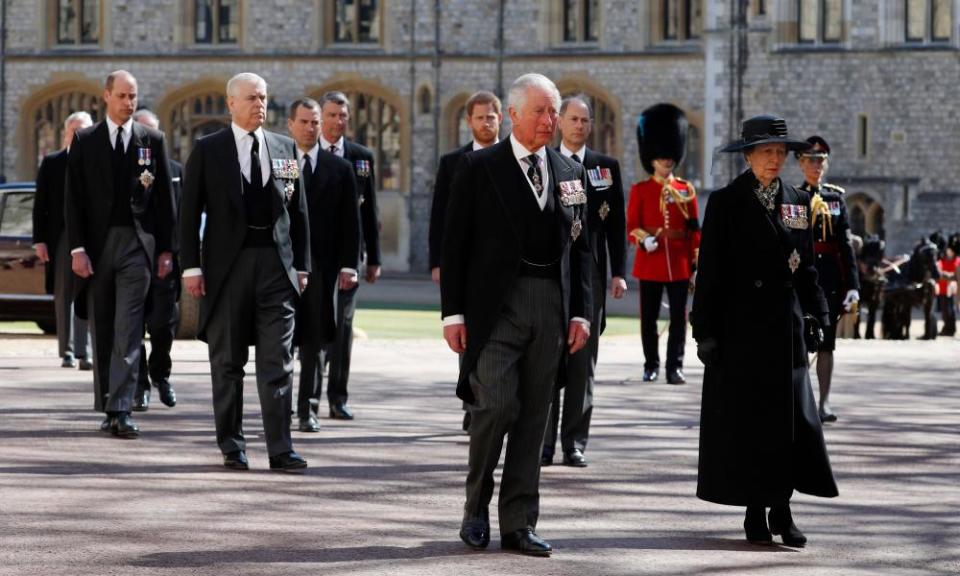Why do the royals keep their wills secret? To stop the public seeing just how rich they are

Whether it’s immunity from freedom of information requests or paying estate or corporation tax, the royal family enjoys a panoply of financial privileges denied to the general public. But nothing sets them more apart from the common citizen than their special position over sealed wills and their inherited wealth. This was first brought home last April with Prince Philip’s death and the palace’s high court application to seal his will.
With the publication last Wednesday of a full list of more than 30 sealed royal wills, following a judgment in September – not to mention a legal challenge to the high court by the Guardian – we know more details of what was decided (Philip’s will and those of future deceased royals will be opened only after at least 90 years), and why it was decided (the tradition of sealed royal wills has lasted almost a century and in the court’s view there is no reason to end this practice that legitimately preserves their privacy). The president of the family division of the high court, Sir Andrew McFarlane, ruled that senior members of the royal family had to be exempted from the law requiring the publication of wills. That was “necessary to enhance the protection afforded to the private lives of this unique group of individuals, in order to protect the dignity and standing of the public role of the sovereign and other close members of her family”.
But dig a little deeper and this release of the names of sealed royal wills raises more questions than answers.
For a start, it is not such a generous act of transparency as it claims to be, since the information has already been accessible for more than a decade. While I was researching a book on royal wills in 2010, the central probate office gave me an exact typed written copy of the list.
What’s more, the list contains a number of anomalies that suggests that the whole policy of sealing “royal” wills is not clearly thought through. For some reason, the list originally included the name of Leopold de Rothschild, which was later removed after the high court acknowledged this was “an error” since he was not a member of the royal family; but it does not inspire confidence. In addition, the list inexplicably contains the name of a distant relative of Prince Philip, Prince George of Denmark, which suggests that even if you are a member of a small European royal house, if you make a big legal fuss you can keep your will under wraps.
The judgment also fails to consider the public interest effectively. The role of the attorney general was to represent the public interest by balancing points favouring public inspection with those against. But a careful reading shows that on almost all matters, the attorney general sided with the palace, and there was no appropriate application in support of full disclosure. This lack of representation of the public’s interest in full disclosure, in the shape of the press, is an important plank in the Guardian’s current legal action against the high court.
This leaves the mystery of why the royal family insists on having its wills closed while the principle of full openness to prevent fraud applies to everyone else in the country. Norman Baker, the former government minister, has argued that they do so to hide just how much money they receive from taxpayers. He said: “The main embarrassing fact is just how much money they have accumulated from public funds. If the public knew just how hugely rich they are, they might take a view it was high time public funding was cut.”
But this may be just half the story. In order to connect with the mass of the population, the royals have to appear less rich than they actually are. If the electorate knew that they were inheriting vast sums, they would be less willing to give them such a generous sovereign grant from their taxes.
David McClure is the author of The Queen’s True Worth

 Yahoo Finance
Yahoo Finance 